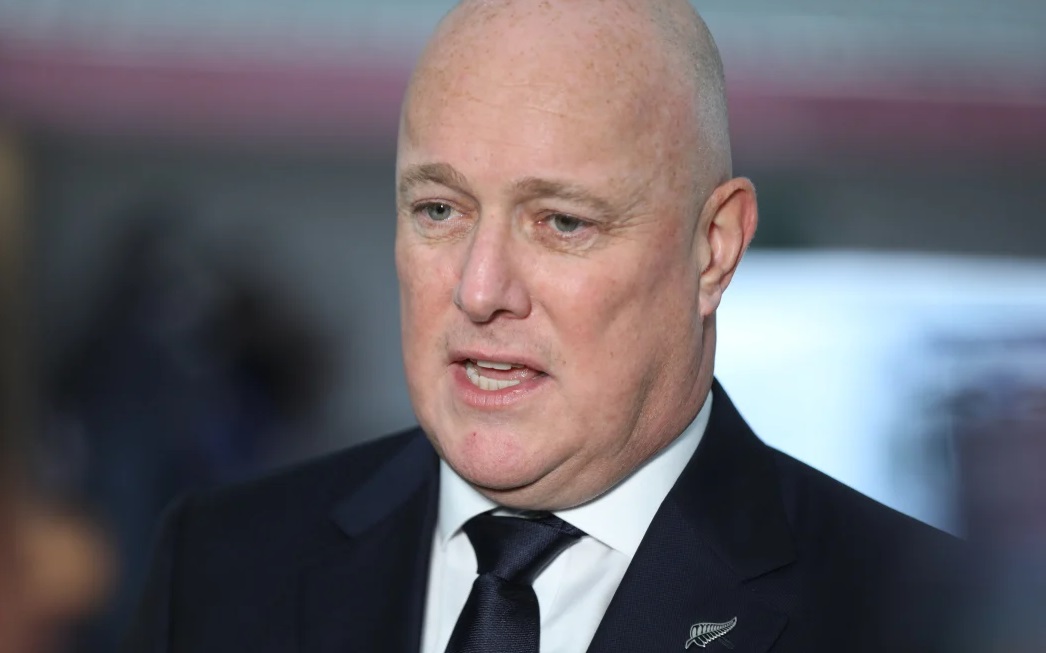
The two spoke to media on Sunday afternoon at the Auckland Central Police Station.
The government has just released a statement that police data shows that from 1 January to 31 July this year, there was a 22 percent reduction in serious assaults within the Auckland CBD compared with the same period last year, and an 18 percent reduction in serious assaults resulting in injury.
"This shows that Auckland is turning a corner," Luxon said.
Mitchell agreed, saying in a statement that "a whole of system co-ordinated approach is working to make Auckland a safe city and one we can be proud to showcase as a gateway to New Zealand for overseas visitors".
Luxon partly credits the drop in crime to a new scheme where police work closer with stakeholders and services including the Ministry of Social Development, Kāinga Ora and Auckland Council.
The first meeting took place in May.
Luxon said New Zealanders are interested in results - not talking, meetings and bureaucracy.
"We've had lots of people having lots of meetings. Lots of talking, lots of bureaucracy and the whole thing, no results.
"And here you have an example where the agencies have come together, chosen to do things differently, as a group of people using their respective skills, and actually as a result have gotten a different set of outcomes. That's what we're interested in seeing."
The prime minister went on a ride-along with police Saturday night during the course of their duties, he said.
Luxon said most New Zealanders are "blissfully unaware" of what police officers have to deal with.
He said there "was a consistent theme" of mental health callouts during his ride-along on Saturday night.
Cross-government action to tackle crime and antisocial behaviour in Auckland is getting traction, Mitchell said in a statement.
"Our central cities should be great places to live and work, but in recent years they have become hot spots for crime and anti-social behaviour. In Auckland, businesses and residents suffered as violent and retail crime soared.
"Kiwis ought to feel safe going about their daily lives, and that is why this government is focused on restoring law and order, and putting victims first, ahead of offenders."
Luxon criticised the previous Labour government as "soft on crime" during his remarks.
There have been a flurry of homicide investigations in Auckland in the past several weeks.
Mitchell said 97 people have also been referred for addiction and family wellbeing, and accommodation support between July and 10 September, using a new joined-up approach.
The initiative has been running since May, and links police up with the Ministry of Social Development, Kāinga Ora and other social services.
Heart of the City said it was delighted with the commitment from government to the cross-agency approach to addressing crime and social issues to complement local initiatives in Auckland's city centre - bringing results to issues that the organisation has been lobbying for since the Covid period.
Heart of the City chief executive Viv Beck said in a statement that "There is a noticeable difference to how the city centre feels - the additional police and the significant local resources including our own safety team has made a positive impact. This is showing in crime trending down and the feedback that we get from local businesses.
"Whilst there is a still a way to go to become the vibrant, safe, 24/7 city we aspire to, we're also really pleased about the progress being made on addressing other areas of concern such as mental health, addiction and housing."













